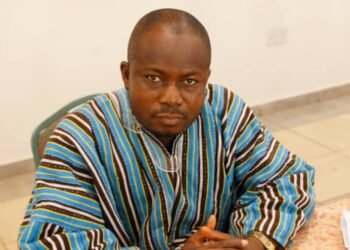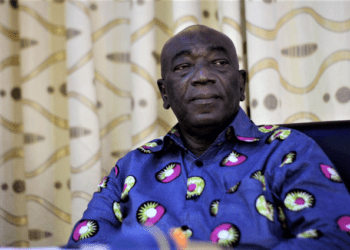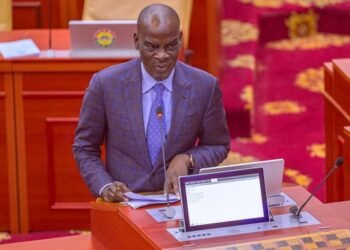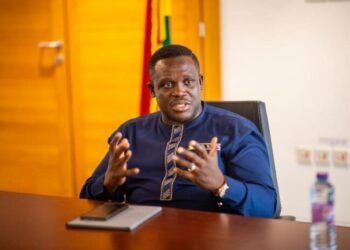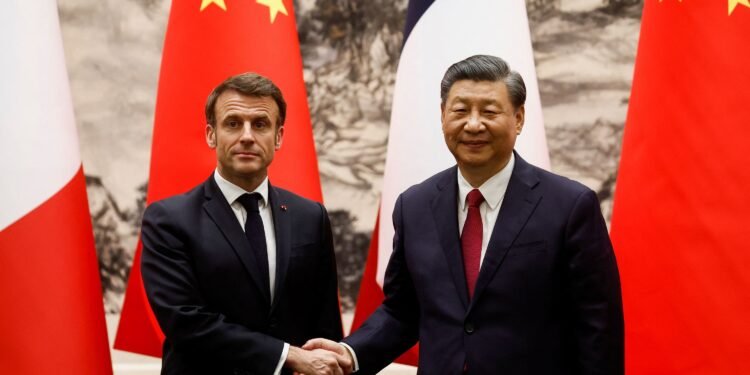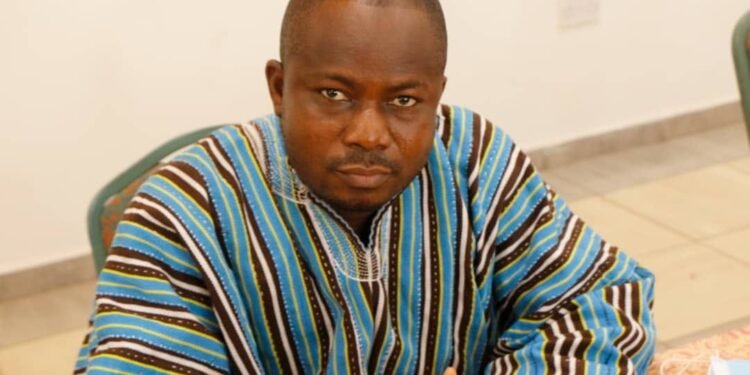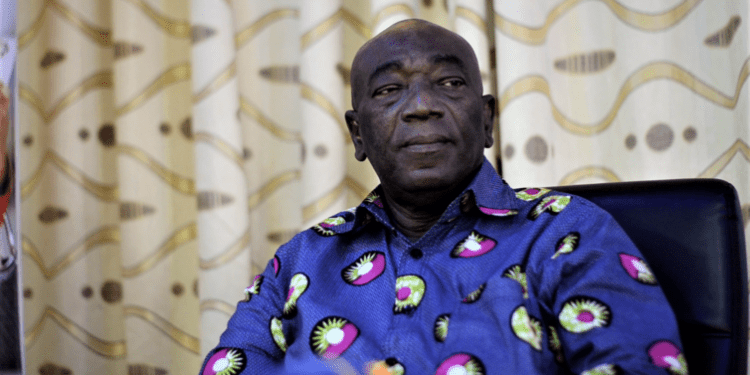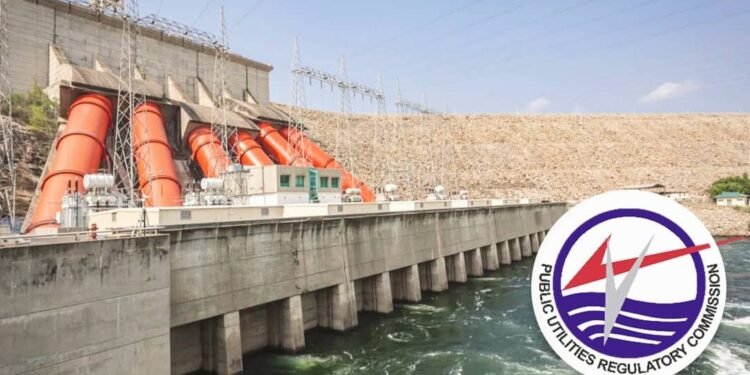Ghana’s Electoral Commission (EC) has assured that the current internet disruptions will not compromise the integrity of the 2024 general elections.
The assurance comes amid concerns raised due to recent cuts in undersea fiber optic cables, which have significantly impacted mobile network operations since March 14, leading to widespread internet outages across the nation.
In an interview with, the Director of Electoral Services at EC, Dr Serebour Quaicoe, clarified that election day procedures are largely independent of internet connectivity.
While acknowledging the role of computers in the electoral process, Dr. Quaicoe emphasized that critical tasks such as ballot paper collation and voting are conducted manually.
He assured that the internet interruptions will not affect the electoral process as internet connectivity does not play a significant role during elections.
“On election day, everything is manual, reading does not use the internet. Voting is done, basically without e-voting. People are given ballot papers they go and thumbprints. That has nothing to do with the internet, when the results are counted, it has nothing to do with the internet.”
Dr Serebour Quaicoe, Director of Electoral Services at EC
He said,“The officers will physically send the results to the collation centers, and the results will be collated manually on the access sheet, which has no internet connectivity.”
Dr Serebour Quaicoe emphasized, that when the EC finishes at the constituency, it will send the result to the regional office, with no internet usage. The region will also do the collation just using the computer without internet connectivity.
“When they finish, they will send the results through a fax machine to the head office. Then the head office will also do the collation and announce the results. So, the election day has nothing to do with internet connectivity.”
Dr Serebour Quaicoe, Director of Electoral Services at EC
The Director of Electoral Services indicated that they use the services of MTN, Telecel, and other providers’ facilities but not their internet. He emphasized, “Except for the exhibition time and registration time where we use our routers and other things from MTN and other providers, we use their facilities, but that is not internet-based.”
He stressed that it’s just normal data that the EC uses, and once it doesn’t have any issues with data, the EC can do the registration through its network data center and the rest, and the EC will complete the system.
Again, he noted that on the day of the exhibition, the EC collects information on its database. He said, “We don’t use the external internet. So, I don’t think it will have any effect on our registration or exhibition.”
The EC’s commitment to ensuring a smooth and transparent electoral process, despite the challenges posed by the internet connectivity issues, underscores its dedication to upholding democratic principles and ensuring the sanctity of the electoral outcomes for the 2024 general elections.
Potential Consequences of Internet Disruptions on the 2024 General Elections
The potential consequences of internet disruptions on the 2024 general elections in Ghana, and how the Electoral Commission (EC) addresses these concerns, are multifaceted and involve both the technical and non-technical aspects of the electoral process.
The internet is a primary source of information for many people, especially in the lead-up to elections. Disruptions can lead to an increase in the spread of false information, which can undermine election results and prevent citizens from voting. This can be exacerbated by the spread of election-related disinformation, which can influence public opinion and potentially lead to violence or other forms of disruption.
Also, the disruptions can affect the ability of election workers and officials to perform their duties effectively. This includes challenges in communication, data collection, and the transmission of results, which are crucial for the integrity and transparency of the electoral process.
Furthermore, the absence of reliable internet connectivity can make the electoral infrastructure more vulnerable to cyberattacks. These attacks could target the electoral system, aiming to disrupt the voting process, alter election results, or spread misinformation.
The outage of all four subsea cables from Ghana to Europe through Cote d’Ivoire and Senegal, as reported by the National Communications Authority (NCA), has led to a significant impact on internet connectivity in Ghana and the broader West African sub-region. This situation has necessitated immediate action to restore internet services, with the NCA and Mobile Network Operators (MNOs) working collaboratively to mitigate the impact.
The outage underscores the critical role of robust and resilient digital infrastructure in supporting economic growth, digital transformation, and the daily operations of businesses and individuals. It highlights the need for continuous investment in and maintenance of subsea cables and other forms of digital connectivity to ensure the stability and reliability of internet services in Ghana and the wider region.
READ ALSO: NDC Sends a Clear Message to the EC




